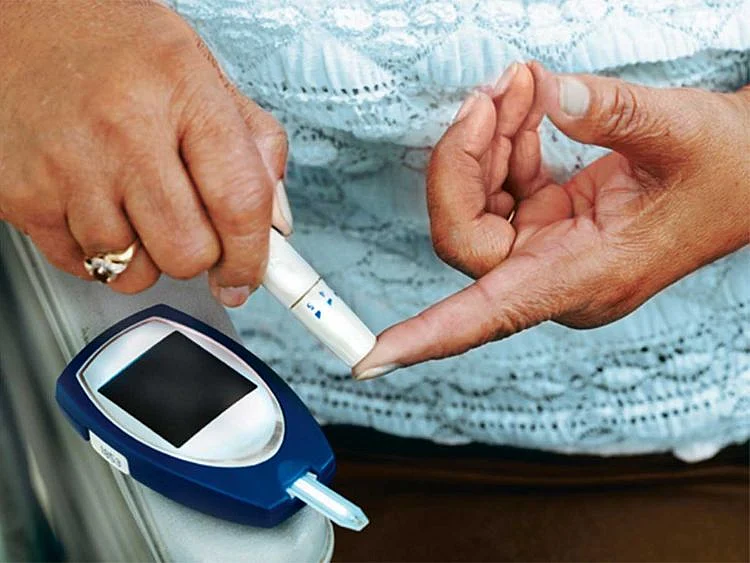Ramadan 2020: Should you be fasting with diabetes?
We look at health guidelines on fasting for people suffering from diabetes

Ramadan being a month of prayer and fasting is something all Muslims do and plan on following. However, fasting can have serious health complications on people suffering from diabetes or other insulin issues.
Most diabetes patients are advised to not fast during Ramadan, especially since the fasting periods can easily extend from 12 to 16 hours daily (depending on where you are). Breaking the fast is also an issue, as the body's reaction to the sudden inflow of sugars and food can affect your insulin levels drastically.
If you choose to observe Ramadan by fasting, then you should speak with your doctor, to make sure that you are adequately taking care of yourself and your health. The Quran states that you should not harm your body in any way, failing to take care of yourself is, therefore, contrary to Islam.
In some case, doctors may give the go ahead to fast. This always includes certain caveats to ensure no health complications arise before, during and after the fast.
According to Diabetes UK, a health support community based in the United Kingdom, the main complications that could arise if someone with diabetes fasts for long periods are dehydration and hypoglycemia. People who have kidney issues or poor heart health associated with diabetes should not be fasting at all as fasting can worsen these conditions.
Here are some quick tips for diabetes patients who decide to fast:
Meet your doctor first
Always keep your doctor and medical team looped in on every food and exercise decision you make. Ensure you have their full approval before fasting.
Try fasting for a couple of days
If your doctor is ok with your decision, try fasting for a couple of days first, knowing full well that this is a trial period. Record how you feel and measure your glucose levels three times a day (before starting, during the fast and after breaking the fast). Communicate this with your doctor to understand how your body is reacting.
If you feel fine and your doctor is still positive, you're good to fast, but even then follow the following important tips.
Don't miss suhour
Most people may decide to have a late night meal instead of suhour to avoid waking up in the wee hours of the morning. If you have diabetes, suhour is your best meal during Ramadan.
This meal will ensure that your glucose levels don't plummet or rise too much during the day. Have low GI starchy foods (releasing carbs slowly) such as oatmeal, whole grain breads, starchy vegetables, legumes and pulses, and some varieties of rice. Also drink a lot of water.
Break the fast with these
At iftar avoid sugar in desserts and all fried food to make sure glucose level stay stable. Follow the same method as you did for suhour concentrating on low GI starchy food along with proteins. Drink a lot of water throughout the night.
Test your glucose levels
Test your glucose levels twice every day at least for the first couple of weeks. If you feel even the slightest bit sick or tired, check your sugar levels immediately. Throughout the month, check your glucose levels more frequently.
Stop the fast immediately
If you feel disoriented or faint, end the fast immediately. If your glucose levels are too high or too low, don't wait to feel faint, end the fast immediately. Don't take any risk to your health. Always carry a glucose packet or even a small toffee with you at all times.
Fasting during Ramadan is not obligatory for children. If a person is ill or if they fear that fasting may make their sickness worse or would slow down recovery, they have the option of not fasting. Those who are travelling do not need to fast, especially if their journey is a long one. If a woman is on her period, is breast-feeding or pregnant, she is not required to fast. Elderly people are not required to fast either. Those who do not have the strength to fast, can give a ‘fidya’, which is the act of feeding a poor person to make up for the fact that they cannot fast.
Sign up for the Daily Briefing
Get the latest news and updates straight to your inbox
Network Links
GN StoreDownload our app
© Al Nisr Publishing LLC 2026. All rights reserved.